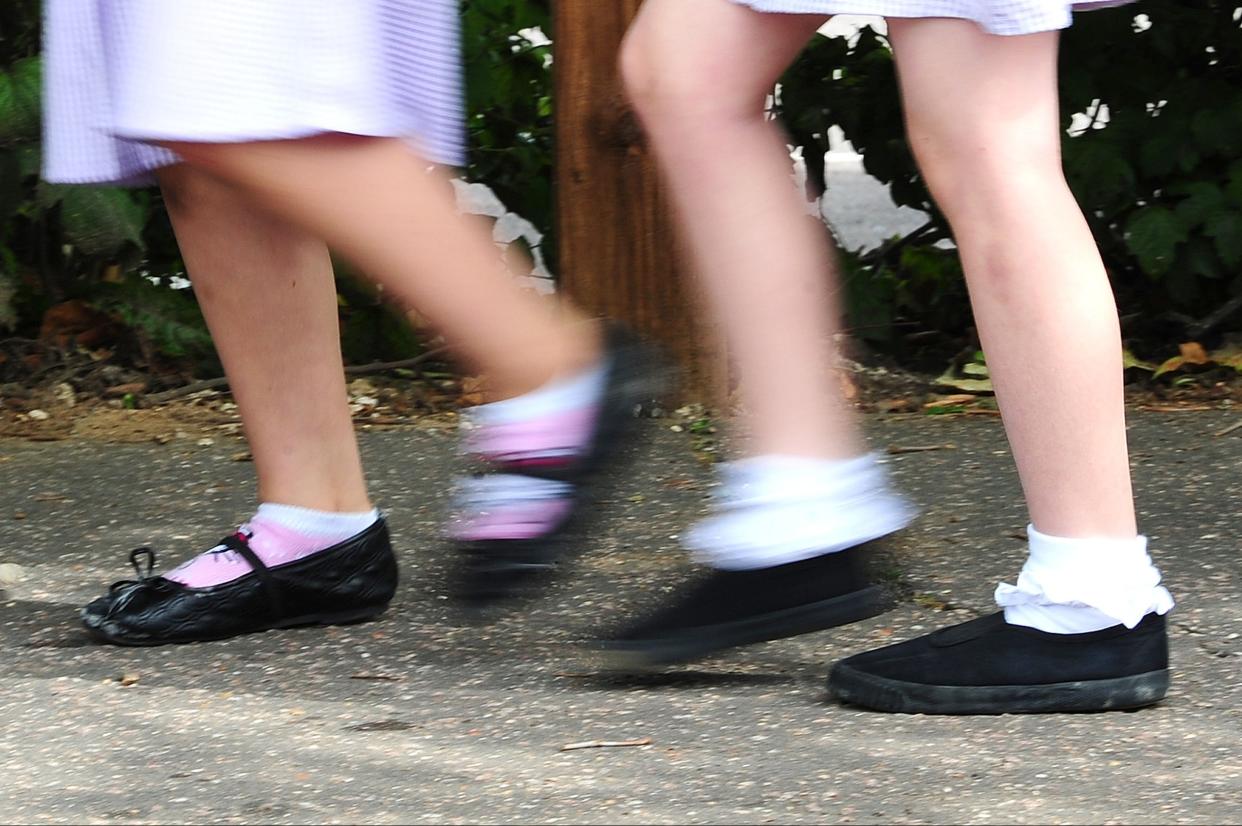Young people like me need mental health support to survive the pandemic and thrive beyond it

The pandemic has had a direct impact on many young people’s mental health
(PA)This year, lockdown measures, school closures and the wider impacts of the coronavirus pandemic have added layers of complexity to the challenges facing children in the UK. For many children, life is now even tougher and a bright, fulfilling future is further from reach.
For myself, and for so many other young people, the pandemic has had a direct impact on our mental health. Research by Unicef has shown that in the UK, one in three 15 year olds currently rate their mental wellbeing as poor, which is a shocking statistic.
Sharing my own experience of mental health is incredibly scary, but I also think it’s incredibly important. It is even more important because this month we celebrated World Children’s Day, a day by children, for children. A day when we make our voices heard on issues that matter to us.
I’ve had problems with anxiety since I was 11-years-old. I am 18 now. I’m not completely sure what caused it, and some of the details are a little blurry. I remember sitting in a therapist's office, with a strange churning feeling in my stomach, clutching a cuddly rabbit like it was a life raft, frightened of what might be waiting on the other side of the door. I would always imagine monsters, when really it was just a slightly scary lady who wore a bit too much lipstick.
As I got older, my anxiety worsened. Nobody had ever told me how angry and violent it could make me. There were days when I would scream and cry, without really knowing why, and I would feel so trapped inside my own head. Other days I would drift through life aimlessly – I wouldn’t talk, eat, or sleep. It was like drowning and sinking into this horrible dark place where nobody could reach me. It’s been difficult to deal with.
I could write pages detailing the little things that bring on my anxiety and cause me to break out in cold sweats or screw my eyes shut. Before the pandemic, it was everyday activities such as using public transport, busy roads, going to the dentist or simply taking a phone call.
One of the scariest things I’ve ever had to do was open up about how I was feeling. I didn’t realise how scary getting help would be. I remember trembling in a doctor's waiting room, headphones blasting music in the hope it would distract me. I remember my legs almost buckling when I walked into the office. But when I sat in that chair, I suddenly couldn’t stop talking. I talked for an entire hour about everything that had been festering in my head, and left the session feeling lighter and freer than I had in years. Anxiety had tricked me into believing that talking about it would make everything worse, but that wasn’t true at all.
That was a year ago. I now see a therapist once a week. With the pandemic preventing me from attending therapy sessions in person, I have been attending my appointments over the phone. It feels slightly surreal, telling all my innermost thoughts to somebody I've never met in person, but I do feel like a weight has been lifted from my shoulders after each of our appointments.
I haven’t got rid of my anxiety completely, and I’m not quite sure I ever will. I sometimes still blast music through my headphones to drown the noise in my head. I usually remember to eat three meals a day, and most of the time I sleep pretty well. The important thing is I have learnt more about my anxiety and how to cope when I'm having particularly difficult days.
I am very aware that I am one of the lucky ones, and that many children and young people struggling with mental health are not always able to get the help they need, especially during the pandemic. My generation is going to need support for us to not only survive this crisis, but thrive beyond it.
So, to anyone reading this who feels the same way, you are incredibly brave. Allowing yourself to acknowledge that you were struggling is already such a big, important step. Getting help is scary, but you will feel so much better. You’ve already accomplished something great just by continuing to try. Be proud of yourself, and do what’s best for you. Life might be hard right now, but things can only get better. I believe in you.
Niamh Brook is a member of the Unicef UK Youth Advisory Board, a group of children and young people working to lift children and young people’s voices. To find out more about their work, visit unicef.uk/working-with-young-people
Read More
The pandemic has taken a toll on young women – but we are resilient
Suicides among teenage girls and young women up 94% in seven years
One in five young women have lost work due to coronavirus, study finds
One in five Covid patients develop mental illness, study shows


